What Beliefs Limit You?
‘ask dorothy’
Find this audio inside the AURA mindfulness app
Click here to claim your complimentary 30 day guess pass to try AURA for f r e e
What if you were afraid of saying what you really wanted to say and unsure of how to ask the questions you wanted to ask, because of your fear that another would be critical and disapproving?
In asking a question, what if you believed you would look stupid or that maybe the other person would react with a condescending remark?
These are all real fears to the person that is living these thoughts, and who has lived their life up to now finding evidence to rehearse the limitations they have placed upon themselves and believe.
How do you ask for what you want and how can you say the words that feel uncomfortable, even though it is perfectly natural to ask questions and to ask for what you need?
What if you silently suffer because the core schemas you hold keep you stuck in a critical pattern of rarely saying what you truly wished, out of fear?
Fear of being perceived as unintelligent, uninformed, or stupid; fear of being judged or ridiculed; fear of offending and causing damage in your relationships and the fear of insecurity – of not knowing how to ask the questions that you want answers to; making your communication efforts confusing and awkward at best.
To communicate with confidence and clarity means that you must also be wiling to speak truthfully about a problem or a need, even when a situation is already tense, and if the other person can be challenging or difficult; and when your words may land in a way that could lead to conflict, and the likelihood that someone is not going to like or agree with what you say.
We all hold core beliefs that impact and influence our thoughts, feelings and behaviour.
Each one of us holds beliefs that are absolute truth, as well as beliefs that continue to affect us even though we can discern that the belief is unfounded and untrue; that it is what we have been taught and conditioned to model, and yet we know there is no basis in truth for our belief.
For my client Cassie*, the experience of receiving condescending remarks from her grade three teacher when she would ask questions in class, taught her very quickly that asking questions would cause her to feel uncomfortable and stupid.
In her first part time job at age 13, Cassie worked at a riding stable helping with the horses and cleaning out their stalls. Cassie was exposed to a boss who had an intolerance for questions and would quickly become agitated and diminishing in a critical voice when approached with honest questions asked by staff.
It was this experience that taught her what if was like to feel ridicule and shame when all she wanted was to excitedly learn more.
Cassie remembers her boss telling her not to ask questions because she didn’t need to know so much. Cassie felt defeated and learned to learn by watching others and going online for the answers that she was in search of.
Curiosity is a beautiful thing. It lends us to discovering so much of what we don’t yet know and it opens us to the possibility of another path, and the tools for how we will approach life.
Cassie learned from these earlier life experiences. They were the life lessons taught outside of a formal classroom – lessons that we all learn by what we are shown and told and through observing others, and the repetition of what we live.
Sometimes what we are taught stifles us; the learned messages can cause us to think about ourselves in less than kind ways and can be damaging to our self-esteem and confidence.
This is what happened to my client Cassie. It’s happened to you and I, and it is something thankfully that we can relearn and recover from.
You can teach yourself how to rewrite a negative core belief that limits you. Once you do this, that belief no longer affects every thought, feeling and action that stems from it.
Important to know is that we all hold positive core beliefs. Examples of these are:
“I’m a good person.”
“I’m an honest person.”
“I am compassionate and caring.”
We have all learned what are called problematic or negative core beliefs. The most common of which are:
“I’m not good enough.”
“I’m unworthy.”
“I’m unlovable.”
“I’m stupid.”
Cassie unknowingly brought to our session the problematic core belief ~ the “if-then rule” ~ : “If I ask a question, then I’ll be perceived as stupid.” and “If I ask questions, then the other person will be offended or annoyed.”
Your problematic core beliefs continue to show up impacting your life in a less than positive way.
Cassie described her struggle to ask questions of someone she had met online and wanted to know better. Her adversity to questions made it difficult. She was fearful that this person might be offended or get angry with her, or stop talking to her altogether.
It wasn’t until she brought up this dilemma in our session, that we began the conversation of how her automatic thoughts and her fears were being triggered by a pattern of beliefs that she ‘learned’ earlier in her life and that had continued to negatively impact her behaviour.
Core beliefs are adopted as early as ages 3, 4 and 5. Still, we can learn at a later time in our development what becomes ingrained as a belief or schema if we are repeatedly exposed to certain patterns of behaviour, messaging, and from what we witness and observe in our environment.
What we uncovered in that single session of therapy has become life changing for Cassie.
Not only did I help Cassie challenge her problematic core beliefs and give her the tools for this so that she could do this for herself for any other negative core beliefs that she may uncover in the future; Cassie now had an understanding of why she had always struggled with asking what she wanted answers for; and also how to pose a question that would be clear and concise and to ask it with confidence rather than stumbling and appearing confusing and unclear.
It was the core beliefs built upon what she had unfortunately been exposed to that limited her, that caused Cassie to create the untrue stories in her mind that would leave her feeling self-doubt and apprehensive which then deterred her from asking questions in other settings and situations.
Cassie realized that she would feel insecure and anxious whenever she thought about the idea of questioning something or asking a personal question that most of us wouldn’t think twice about.
For example, emotional eating is a coping response or mechanism that is based on a learned belief that is in part accurate. Your core beliefs are often ‘if, then rules’. For example, “I’m going to eat this – whatever ‘this is’ because then ‘it will make me feel better.”
Emotional eating is a learned behaviour established early in childhood, and that has had some viable efficacy in its temporary and very real effects. The high starch and sugar-laden foods promote the release of neurotransmitters such as serotonin, dopamine, and endorphins for that pleasurable ‘feel good’ fix.
The result? You are lulled into a state of temporary comfort and bliss by these very real physiological effects. You may crave comfort foods because you want the ‘blissed out’ feeling you associate with them, and you also have a well learned behaviour and belief system that in this case, is also science based.
Still, you can rethink and establish new beliefs that will curb your cravings and align with your ideals and goals of healthy self-care and eating in balance in order to maintaining a healthy weight.
You can have a core belief about almost anything.
The question to be aware of is: Does your belief limit you in some way? Is your learned belief causing you discomfort or suffering?
If the answers is “Yes” then you will want to challenge and change that belief by replacing it with a new core belief statement.
And that’s where you and I dive deep as I help you identify the precise belief, and then rewrite it based on what is actually true and accurate. This will allow you to change what behaviours are not serving you – are limiting just like what Cassie and I did.
The original problematic core belief that you have been living with and that has ruled your thoughts and how you feel, can be extinguished; replaced by an accurate and healthy new belief that feels empowering, uplifting and that building your confidence.
And so what this meant for Cassie was having a space and some assistance with deconstructing her original core belief that kept her from communicating in a way that was concise and clear because Cassie was truly afraid of asking questions for fear of being criticized and shamed.
Her new core belief: “I can ask questions and most times people will want to answer my questions.”
This helped Cassie develop a direct style of communication that while difficult at times since this was also a new behaviour, it was rewarding to speak her truth; to ask the important questions that she wanted answers for, and simultaneously build her confidence as she felt successful in this new habit and practice.
~Exceptional communication is not only the delivery of a question or a message; it is in being able to track what another is saying, to interrupt to clarify and to use ‘active listening’ tools so that you understand with certainty that the information you comprehend is indeed the intended message.~
We can all become even better in our communication as we also become better listeners and as we hold presence in the exchange; the dialogue; the sharing of information rather than be distracted by our own thoughts of what we want to say next; or how we want to tell a story of something related to our own life.
To communicate exceptionally is to be able to listen carefully, to hold presence, and to playback what you have just heard so that you can receive confirmation or clarity about what the other person truly intended to say; and this is all before you comment, ask a question, agree, disagree, or respond.
Cassie had uncovered the Achilles heel of what had always hindered her from having the confidence to ask questions and become better at clarifying what she wanted to know when in conversation with another.
With her new core belief in place; something that we formulated together in that same session of therapy, Cassie as a part of her ongoing ‘homework’ would begin to practice her new behaviour of asking questions.
First with the people she could trust who would not diminish her questions or make demeaning or critical comments, would help Cassie build her confidence in her new core belief that most people would answer her questions.
As Cassie also began to formulate in her mind in advance what questions she wanted to ask, based on knowing what information she needed, she would learn how to be clear and concise ~ another important skill of communicating exceptionally.
When you uncover the problematic core belief that holds you back, and as you rewrite the belief based on what is true and accurate, it will be easier for you to decide the new behaviours that you will practice – that will lead you in the direction of what skills you wish to master.
I’m going to leave a link in the description for more on core beliefs so that you can practice on your own, to challenge and change what problematic core beliefs you hold. And then, you may wish to dive in with a session of therapy or coaching with me; and let’s make the change in what you belief and think, so that you will no longer be limited by a learned belief that was never honest nor true, nor helpful to you.
Its about discovering what has been limiting you from living as your authentic self. To replace this with what is accurate and true so that you can be unstoppable.
* All clients names have been changed to maintain confidentiality.
More Therapy Best Practices:



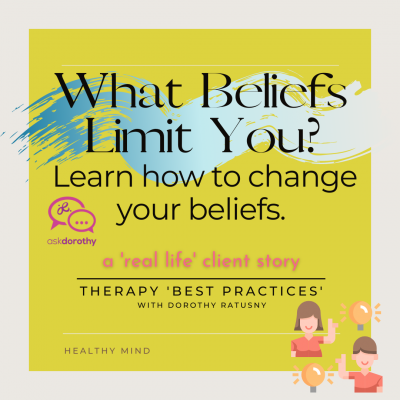
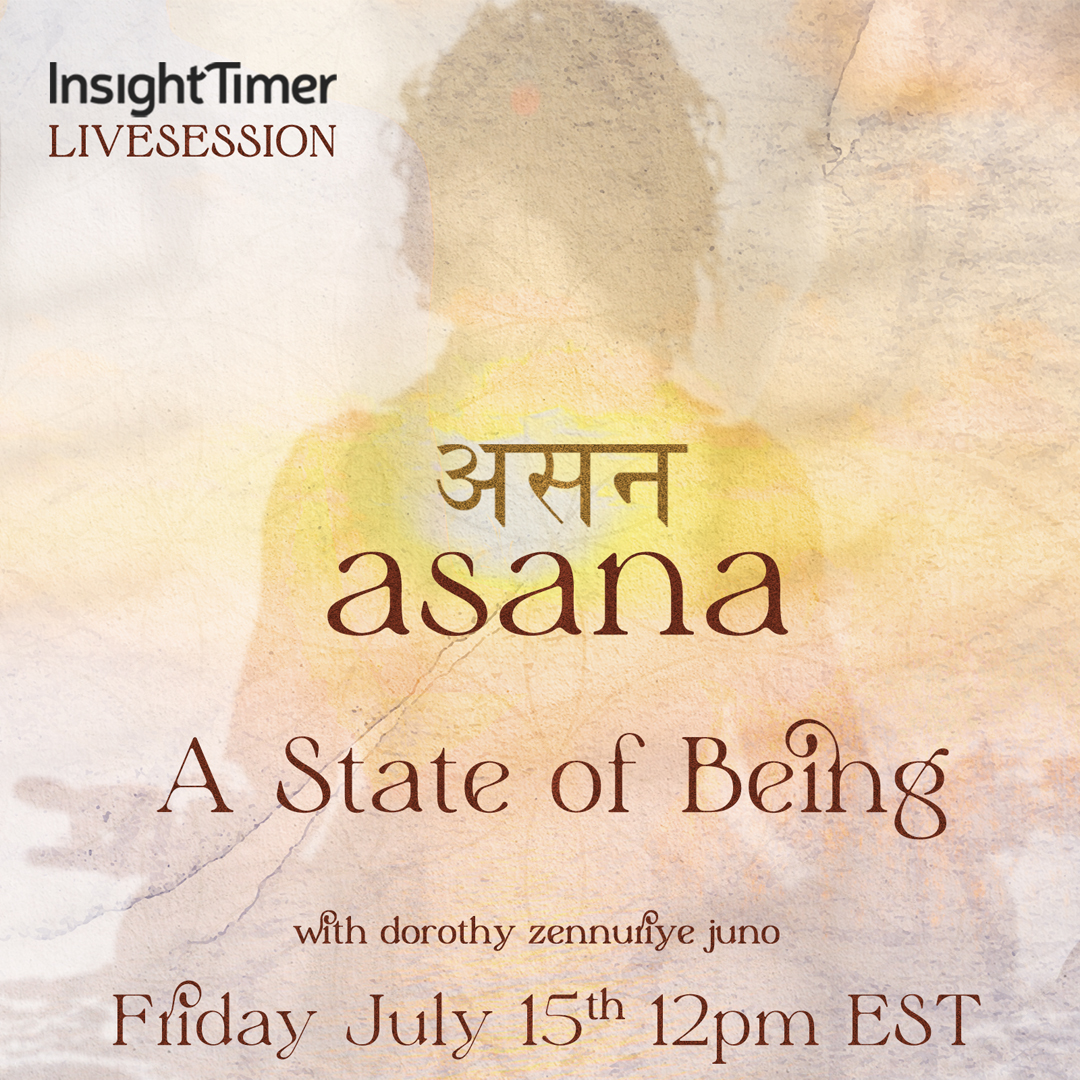
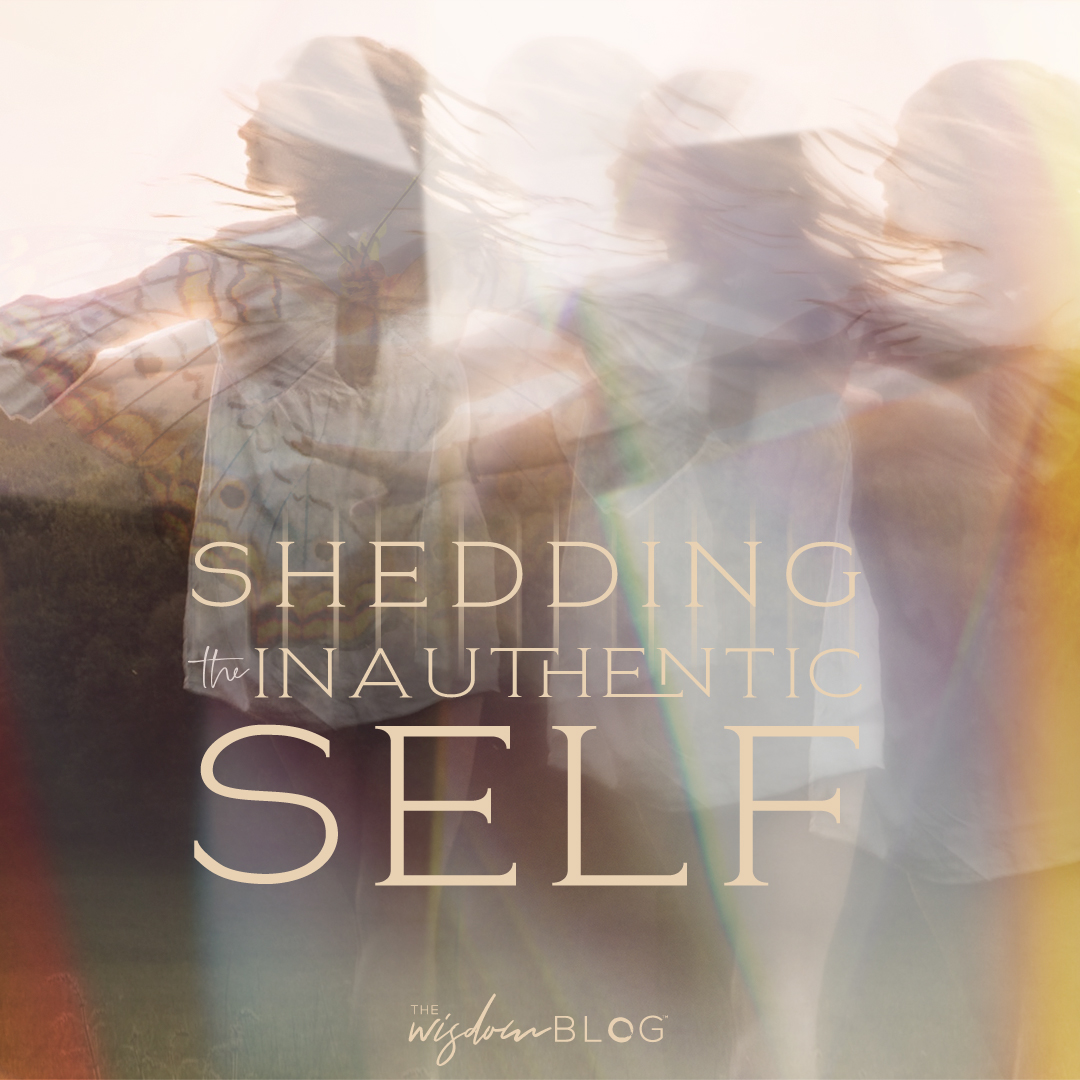
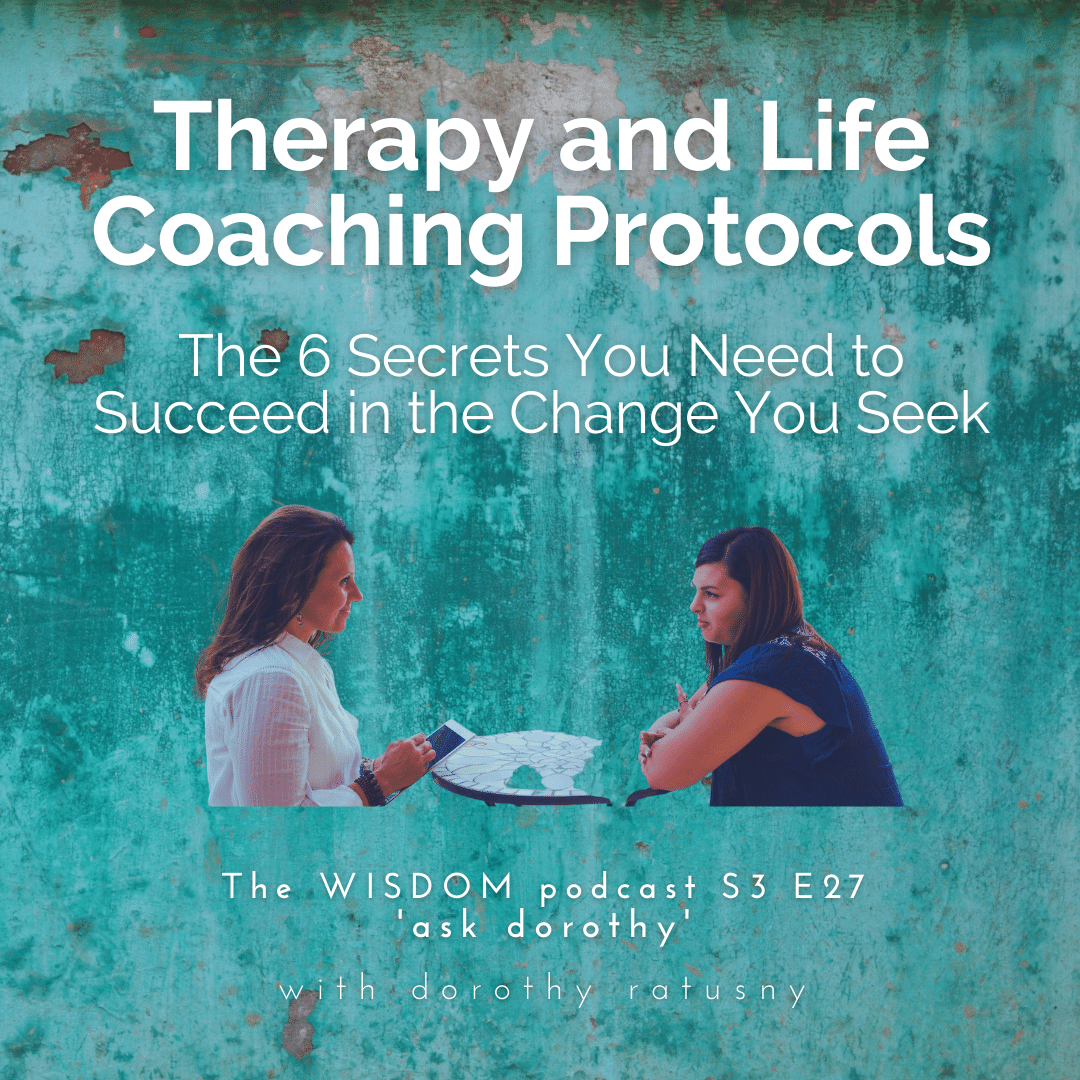
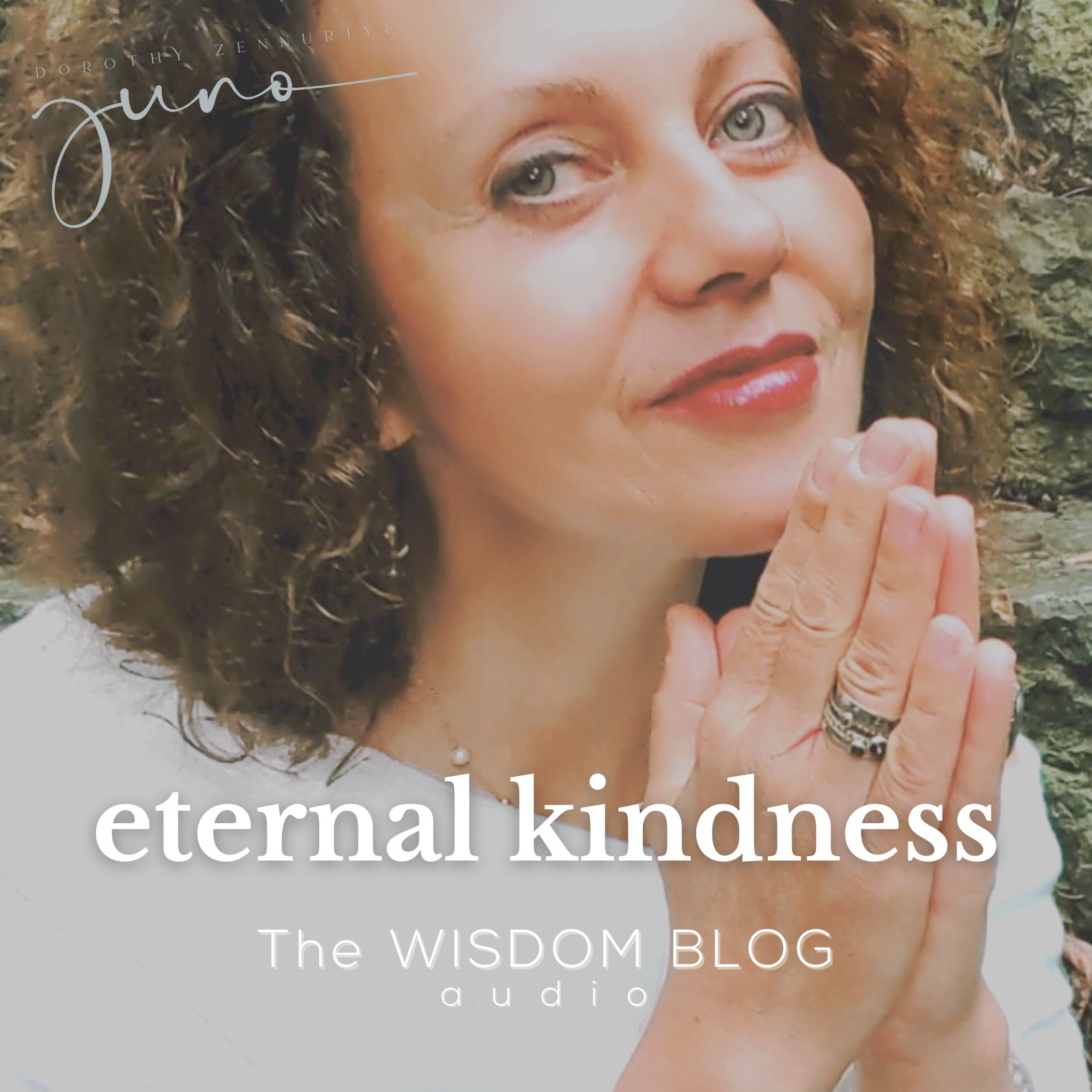
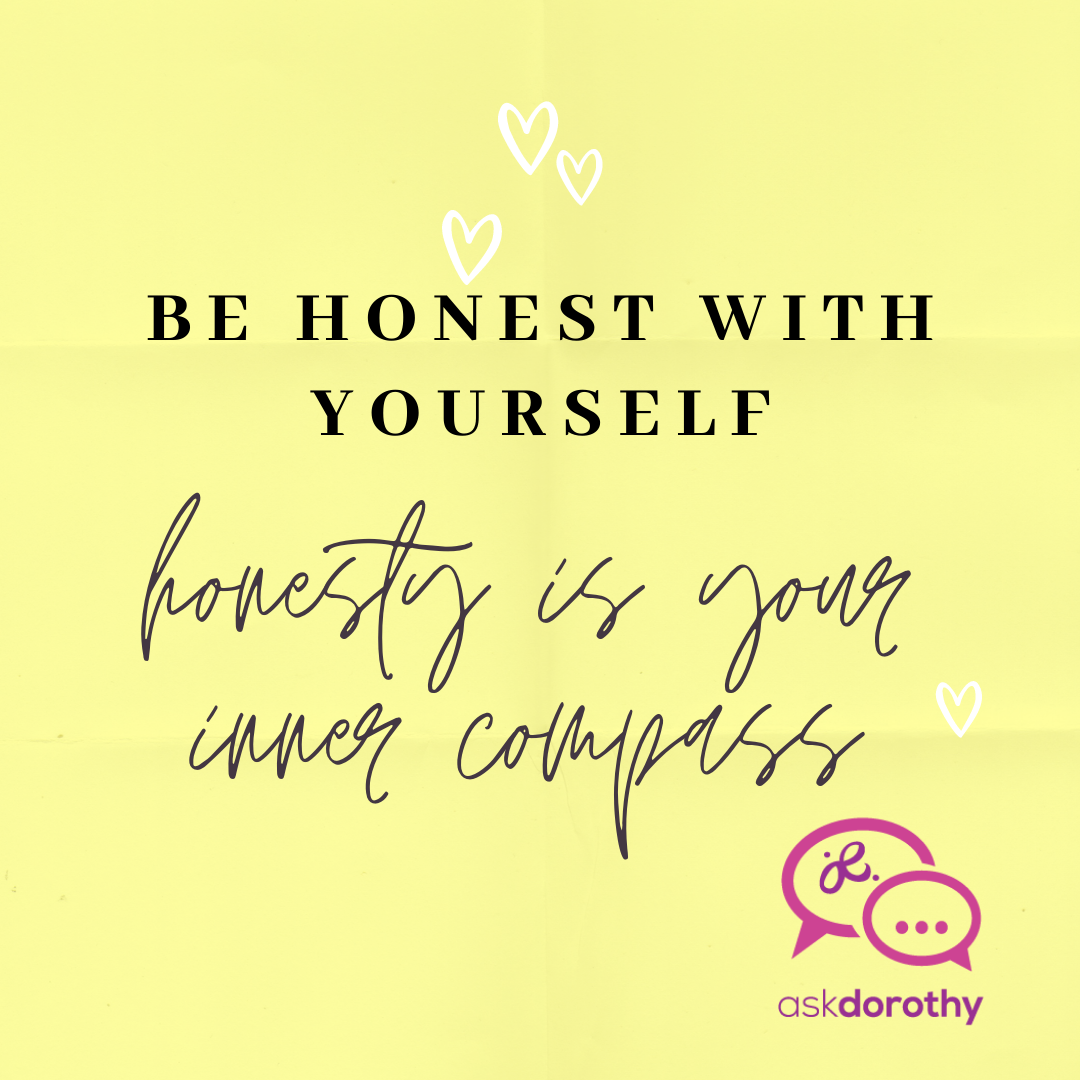



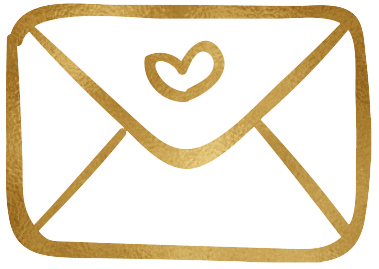

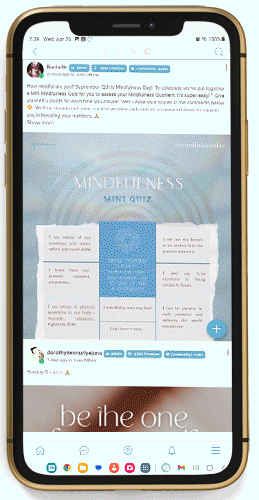

Leave A Comment
You must be logged in to post a comment.